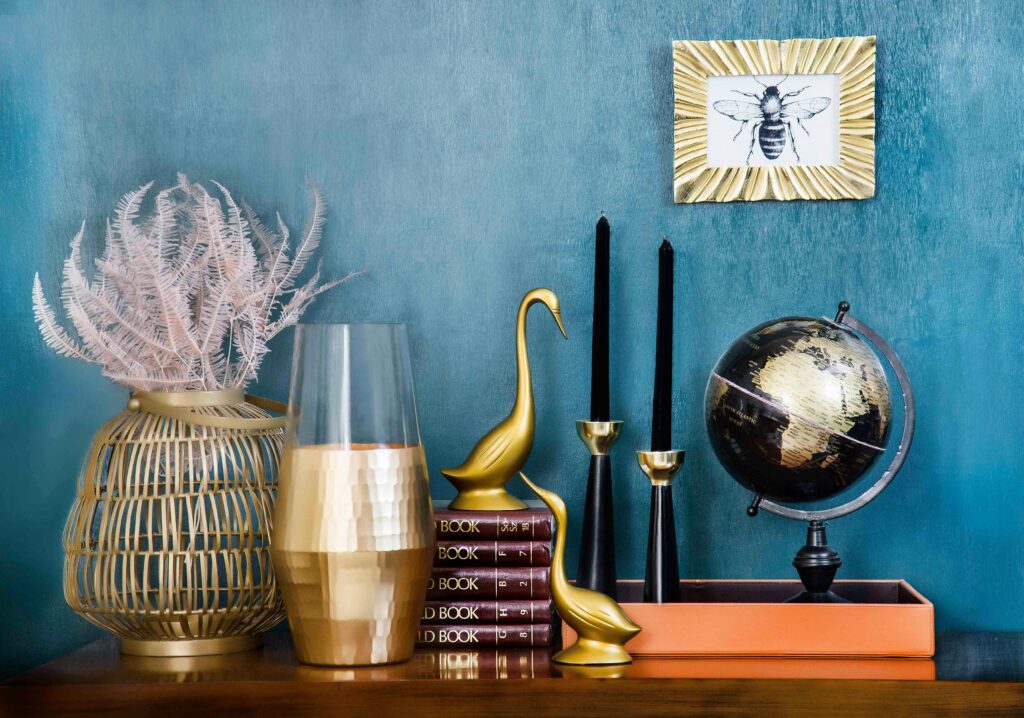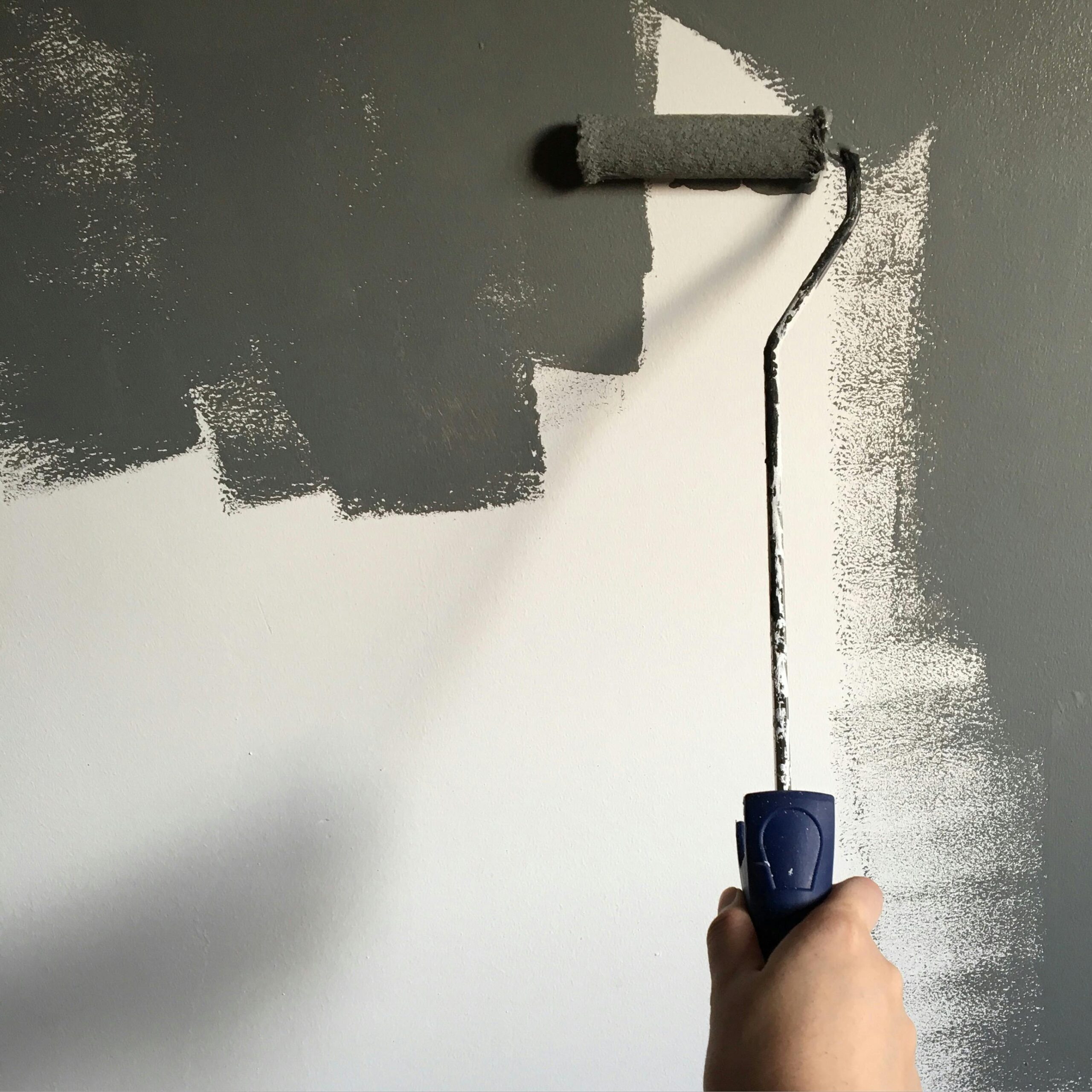
Like the foundation of a great novel, primer serves as the crucial first step in your beauty routine that shouldn’t be overlooked. If you think you can skip it without consequences, you might be in for a surprise. Primer not only enhances the longevity of your makeup but also creates a smooth base that minimizes imperfections. By understanding the different types available and how to apply them correctly, you can avoid common pitfalls that lead to lackluster results. So, what can primer really do for you?
Key Takeaways
- Primer creates a smooth canvas for makeup, enhancing application and blending of products for a flawless finish.
- It improves makeup longevity, reducing the need for touch-ups throughout the day.
- Using primer helps foundation adhere better, preventing issues like peeling and uneven coverage.
- Different primers cater to various skin types and concerns, ensuring tailored solutions for flawless skin.
- Primer minimizes imperfections and blurs pores, contributing to a polished and professional appearance.
What Is Primer?
When you’re diving into the world of painting or cosmetics, understanding what a primer is can make all the difference. A primer is a preparatory layer that you apply before your main product, whether that’s paint or makeup. It creates a smooth canvas, helping the subsequent layers adhere better and perform optimally.
In painting, primers come in various formulations, designed to seal surfaces and improve paint coverage. They can prevent issues like peeling or blistering, ensuring your paint job lasts longer and looks better.
When you choose the right primer, you’re setting the stage for a professional finish.
In cosmetics, a primer serves a similar purpose. Makeup primers are designed to blur imperfections, minimize the appearance of pores, and create a smooth base for foundation.
They can also help control oil and improve the longevity of your makeup. By applying a cosmetic primer, you’re ensuring that your makeup stays fresh and vibrant throughout the day.
Benefits of Using Primer
Using primer can really transform your makeup routine.
It smooths out your skin’s texture, making application a breeze, and it enhances the longevity of your look.
With primer, you’ll notice your makeup stays put longer, giving you that fresh appearance throughout the day.
Smooths Makeup Application
A good primer can transform your makeup routine, creating a smooth canvas for flawless application. When you apply primer, you’re prepping your skin, filling in fine lines and pores, which helps your foundation glide on effortlessly. This results in an even finish that minimizes imperfections.
Without a primer, your makeup may cling to dry patches or settle into creases, leaving you frustrated by uneven coverage. By using a primer, you ensure that your foundation adheres better to your skin. This not only enhances the overall look but also makes the application process quicker and easier.
Moreover, a smooth base allows for better blending of other products like concealers and blushes. You’ll notice that your makeup looks more polished and professional, making you feel more confident as you go about your day.
Incorporating primer into your routine means less time correcting mistakes and more time showcasing your beautiful look. So, if you want to elevate your makeup game, don’t skip this essential step.
You’ll be amazed at how much smoother your makeup application becomes, leading to a radiant, flawless complexion.

Enhances Longevity and Wear
Not only does primer create a smooth surface for makeup application, but it also significantly enhances the longevity and wear of your products. When you apply primer, you’re essentially laying down a protective barrier that helps your makeup adhere better to your skin. This means that your foundation, blush, and eyeshadow will last longer throughout the day, reducing the need for touch-ups.
Using primer can be especially beneficial for different skin types and conditions. Here’s a quick look at how primer enhances longevity based on your needs:
| Skin Type | Benefit |
|---|---|
| Oily | Controls shine and oil production |
| Dry | Adds hydration and prevents flaking |
| Combination | Balances areas for even wear |
| Sensitive | Soothes skin and minimizes irritation |
| Mature | Fills in fine lines for a smoother finish |
Types of Primers Available
When it comes to selecting the right primer for your project, understanding the different types available can make all the difference. Each type serves a specific purpose, so knowing what you need can help you achieve the best results.
Here are four common types of primers you might consider:
- Oil-based Primer: Great for blocking stains and covering dark colors. It’s perfect for wood surfaces and metal.
- Water-based Primer: Ideal for drywall and indoor projects, this type dries quickly and has low VOCs, making it a healthier choice.
- Shellac Primer: Excellent for sealing tough stains, odors, and for use on glossy surfaces. It adheres well and dries fast.
- Specialty Primer: Designed for unique situations, such as mold-resistant or high-heat primers, these offer specific benefits for challenging environments.
Choosing the right primer can significantly impact your project’s finish and longevity.
Make sure to assess your surfaces and the conditions they’ll face to select the best option.
With the right primer, you’re setting the stage for a successful and durable outcome.
How to Apply Primer
Applying primer correctly is crucial for achieving a smooth and durable finish. Start by prepping your surface; clean it thoroughly to remove dust, grease, or old paint.
Once it’s clean, you can apply the primer. If you’re using a spray primer, shake the can well and hold it about 12 inches from the surface. Spray in even, sweeping motions to avoid drips.
For brush-on primers, use a high-quality brush or roller to apply an even layer. Work from one side to the other, ensuring you cover every inch without overloading the brush.
Allow the primer to dry completely before moving on to the next step. Check the manufacturer’s instructions for drying times, as this can vary.
If you notice any rough areas after the first coat has dried, lightly sand them with fine-grit sandpaper, then wipe away the dust.
If necessary, apply a second coat of primer for optimal coverage, especially if you’re working with dark colors or porous surfaces.
Common Primer Mistakes
Mistakes can sneak in when you’re using primer, leading to less-than-ideal results.
It’s easy to overlook a few key aspects that can make or break your makeup application. Here are some common primer mistakes you should watch out for:
- Skipping Skincare: Not prepping your skin beforehand can result in uneven application and poor adhesion.
- Using Too Much Product: Applying too much primer can create a slippery surface, making it hard for foundation to adhere properly.
- Neglecting to Match: Choosing the wrong primer for your skin type or desired finish can lead to a cakey or greasy look.
- Not Giving It Time to Set: Rushing the drying process can interfere with how your makeup lays down, affecting its longevity.
Primer for Different Skin Types
How can you choose the right primer for your unique skin type? Selecting the right primer is crucial for achieving a smooth, flawless complexion. Different skin types have different needs, and using the wrong primer can lead to makeup mishaps. Here’s a quick guide to help you find the perfect match:
| Skin Type | Ideal Primer Type |
|---|---|
| Oily | Mattifying Primer |
| Dry | Hydrating Primer |
| Combination | Balancing Primer |
| Sensitive | Soothing Primer |
If you have oily skin, look for a mattifying primer that controls shine and minimizes pores. For dry skin, opt for a hydrating primer that adds moisture and creates a dewy finish. If your skin is combination, a balancing primer will help even out both oily and dry areas. Lastly, if you have sensitive skin, choose a soothing primer with calming ingredients to prevent irritation.
Choosing the Right Primer
Choosing the right primer can transform your makeup routine and enhance your overall look. With so many options available, it’s crucial to match the primer to your unique skin type and desired finish.
Here are some key factors to consider when selecting the perfect primer:
- Skin Type: Determine whether your skin is oily, dry, combination, or sensitive to find a formula that suits you best.
- Finish Preference: Decide if you want a matte, dewy, or satin finish, as this will influence how your makeup appears throughout the day.
- Specific Concerns: Look for primers that address specific issues, like pore minimization, redness correction, or hydration, to achieve a flawless base.
- Ingredients: Check the ingredients list for any potential irritants or allergens, especially if you have sensitive skin.
Frequently Asked Questions
Can I Use Primer Without Makeup?
Yes, you can use primer without makeup. It hydrates and smooths your skin, creating a more even texture. Plus, it can help your skin feel fresher throughout the day, even without any foundation.
How Long Does Primer Last on the Skin?
Primer typically lasts around 6-8 hours on your skin. For instance, if you’re attending a long event, it keeps your makeup fresh, providing a smooth canvas for hours, enhancing your overall look throughout the day.
Is There a Natural Alternative to Commercial Primers?
Yes, you can use natural alternatives like aloe vera gel, coconut oil, or shea butter. These options hydrate your skin, create a smooth base, and enhance makeup longevity without the chemicals found in commercial primers.
Can Primer Help With Acne Scarring?
Yes, primer can help with acne scarring by creating a smooth canvas for your makeup. It minimizes the appearance of scars, allowing for better coverage and a more even skin tone throughout the day.
Do I Need a Different Primer for Winter and Summer?
Just like a chameleon adapts to its surroundings, you’ll need different primers for winter and summer. In winter, go for moisturizing formulas; in summer, choose lightweight, mattifying ones to keep your skin balanced and fresh.
Conclusion
In the world of beauty, primer is your secret weapon, transforming your routine from ordinary to extraordinary. By embracing this essential step, you set the stage for a flawless finish that lasts all day. So don’t skip it! Instead, choose the right primer for your skin type, and watch as your makeup glides on like silk, minimizing imperfections and boosting your confidence. With primer in your arsenal, you’ll always put your best face forward.